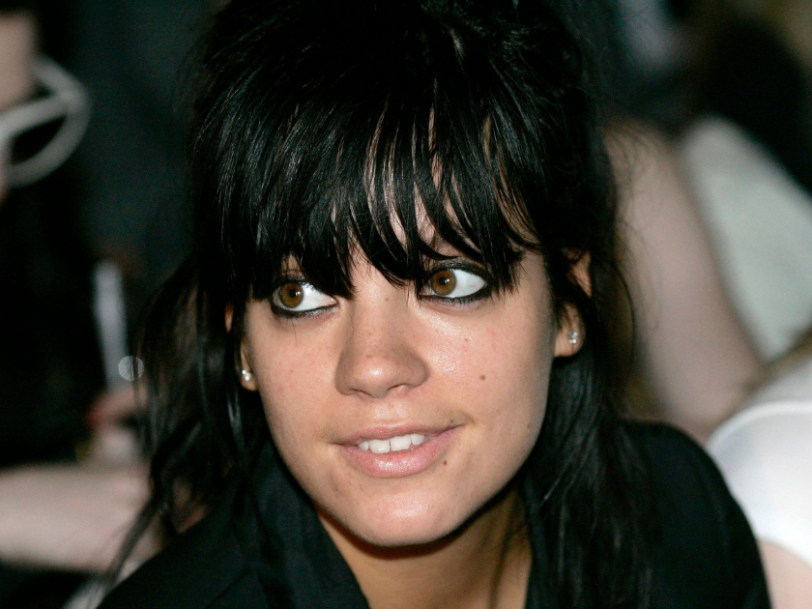If there is a theme on Lily Allen’s incisive second album, It’s Not Me, It’s You, it’s of an artist fighting for her identity. Caught between expectations and authenticity, the album explores Allen’s own (often contradictory) feelings on fame, honesty and stereotypes to create a modern classic of British pop music at the end of the 2000s.
Listen to ‘It’s Not Me, It’s You’ here.
The backstory: “It’s difficult to backtrack out of that typecast”
The start of Lily Allen’s career had been at the very vanguard of a new way of doing things in the music industry; her success catalysed the use of social media in developing and promoting artists. While Allen had signed a more-or-less traditional record deal, she did not wait for established paths to open out. Instead, she started putting demos up on MySpace. The interest in Allen quickly mushroomed, and the demos turned into Alright, Still – the best debut album of 2006.
It wasn’t only the songs that appealed. Allen was as candid in her blogs as she was in her lyrics. Her portrait of chaotic, vulnerable young womanhood was disarming, and many people her age found wisdom in her words. As Allen’s fame grew, however, her blog entries attracted intense press interest. “It definitely became annoying when I would write something and it would end up in the tabloids the next day, completely twisted around,” she told Pitchfork in 2006. “It’s like, fuck off!”




